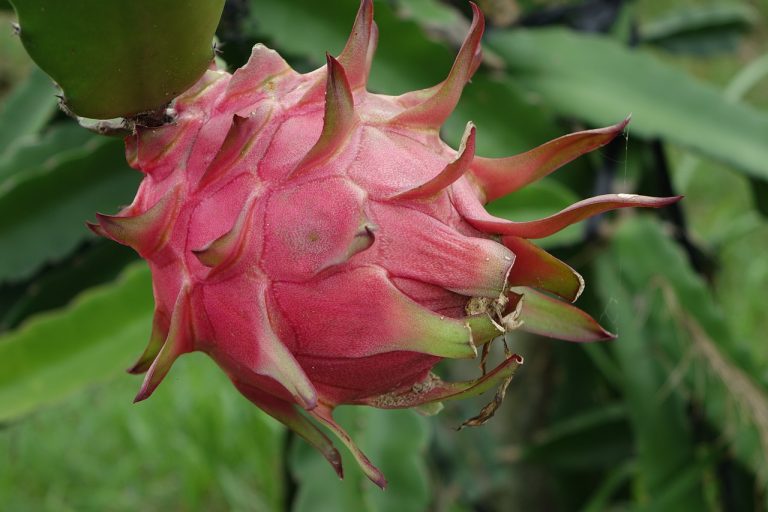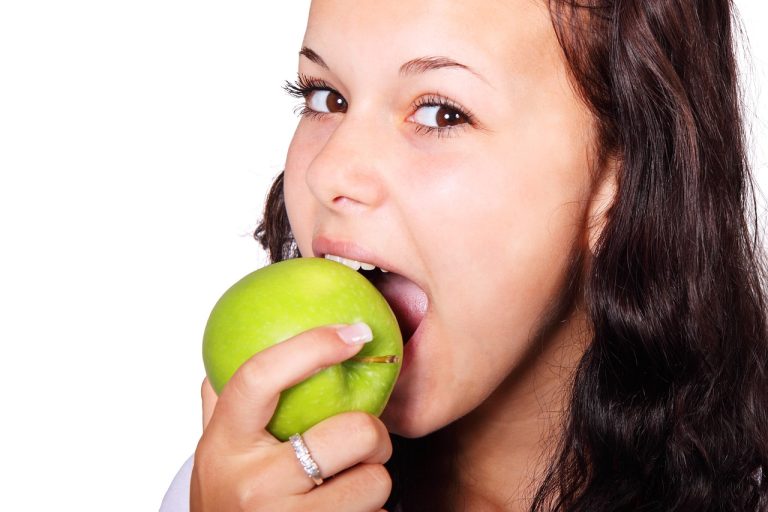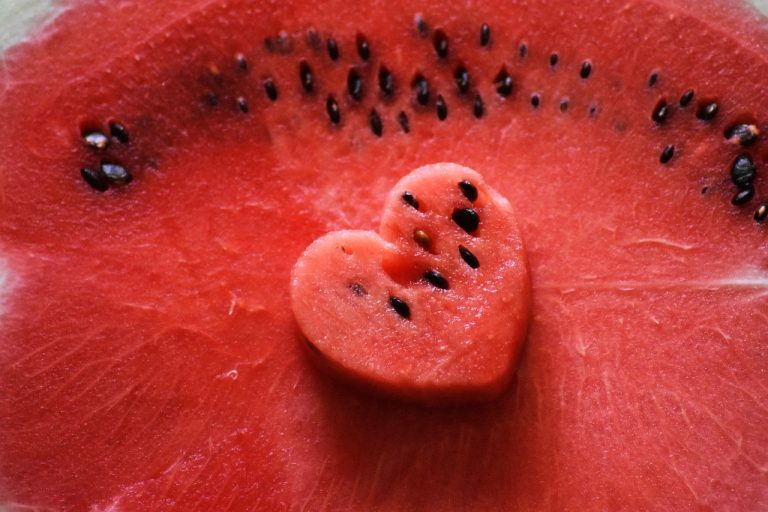Can coconut water neutralize the effect of medication ?
Coconut water has become so popular for it’s refreshing taste and various health benefits. However, people often worry about potential interactions it could have with medication also leading to questions on wether coconut water can neutralize the efficacy of medications.
Basically we will first establish a concrete understanding of coconut water, mineral contents and how medicine is absorbed in the body. This is to create a well layered explanation on possible interaction between coconut water and medication.
Understanding coconut water
Coconut water is a natural beverage in the inner cavity of young, green coconuts. It is known for its high electrolyte content, including potassium, magnesium, and calcium. The percentage composition of natural water in coconut water is about 94% and 6% of other minerals hence it is pretty neutral and that makes it a popular choice for hydration and replenishment of essential minerals.
Absorption of medication
The absorption of medication in the body is a complex process influenced by various factors, including the characteristics of the drug and the conditions within the gastrointestinal tract. Coconut water, being a liquid, has the potential to affect the absorption of orally administered medications.
Can coconut water neutralize medication
Coconut water consisting 94% natural water and 6% electrolytes, have not been scientifically proven to neutralize medication but it can interfere with some type of medications because of its electrolyte composition.
One of the main potential interactions between medication and coconut water is with potassium-sparing diuretics, which are medications that help the body get rid of excess fluid. These medications work by causing the kidneys to hold on to potassium. When you drink coconut water, which is also high in potassium, it can cause the potassium levels in your body to become too high. This can lead to a serious condition called hyperkalemia, which can cause symptoms like muscle weakness, irregular heartbeat, and even death in severe cases. So, if you’re taking a potassium-sparing diuretic, it’s best to avoid drinking coconut water.
Also, drugs with a narrow therapeutic index, where small changes in blood concentration can have significant effects, will be more prone to interactions.
Here’s a list of some of the medications that may be affected by coconut water:
– ACE inhibitors, used to treat high blood pressure
– Alpha-blockers, used to treat high blood pressure and enlarged prostate
– Angiotensin II receptor blockers, used to treat high blood pressure
– Beta-blockers, used to treat high blood pressure, heart failure, and irregular heart rhythm
– Diuretics, used to treat high blood pressure and fluid retention
– Digoxin, used to treat heart failure and irregular heart rhythm.
There are lots more but the significant thing is that the medications which interfere with coconut water are basically used in treating high blood pressure.
Patients taking medications for heart conditions, hypertension, or electrolyte imbalances should exercise caution or restraint in taking coconut water.
The impact of coconut water on medications can vary among individuals. Factors such as the patient’s overall health, the specific drug being taken, and the timing of consumption may influence the extent of any potential interaction.
In general, it’s fine to drink coconut water while taking medication. However, there are some potential interactions that you should be aware of. Some medications can interact with potassium, which is found in coconut water. If you’re taking a medication that interacts with potassium, drinking coconut water could cause your potassium levels to become too high. It’s always best to speak with your healthcare provider or pharmacist before taking any medication with coconut water, or any other food or drink for that matter. They can help you understand any potential interactions and ensure that you’re taking your medication safely.
Conclusion
Some medications are affected by food, either enhancing or inhibiting absorption of medicine and coconut water is more on the enhancing aspect.
The electrolyte content in coconut water can vary, but on average, it contains about 600 milligrams of potassium being the most concentrated and 252 milligrams of sodium per 1 cup (240 milliliters). Coconut water also provides smaller amounts of other electrolytes like magnesium and calcium.
Therefore interaction can occur with certain medications but the ability of coconut water to neutralize the effects of medications is not feasible.


